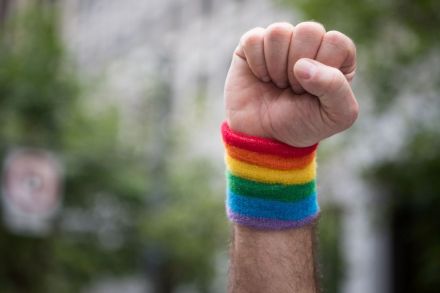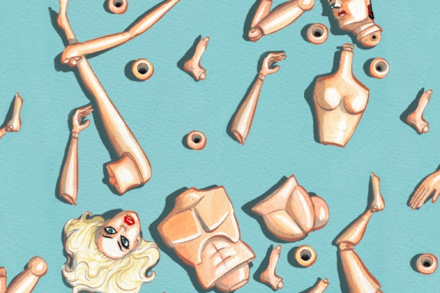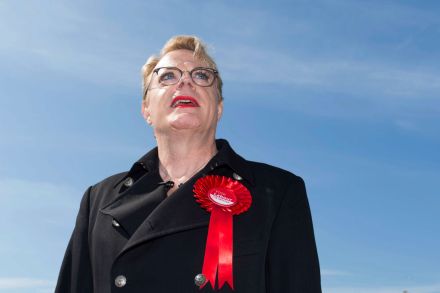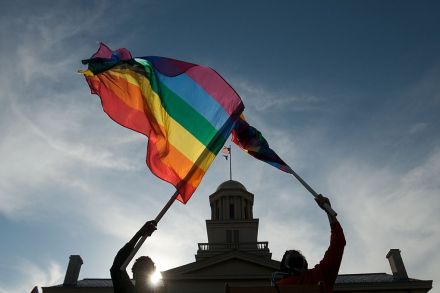Is the past being rewritten in LGBT+ history month?
Did you know that February is LGBT+ history month? If you have a ‘progressive’ employer you probably do. Banks, universities, local councils, NHS services and train operators are all getting on board. Rainbow flags are flying high above buildings across Britain. But do lesbian, gay, bisexual and trans people really need their own month to reflect on the past? Or is this more an occasion to virtue signal in the present? To be fair to the Bank of England, when it raised the rainbow flag on Threadneedle Street on 1 February, it was also commemorating Alan Turing. A war hero, who was gay, it is believed Turing took his own life after undergoing chemical











